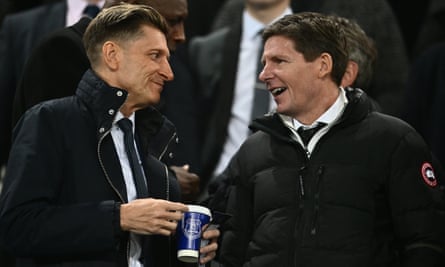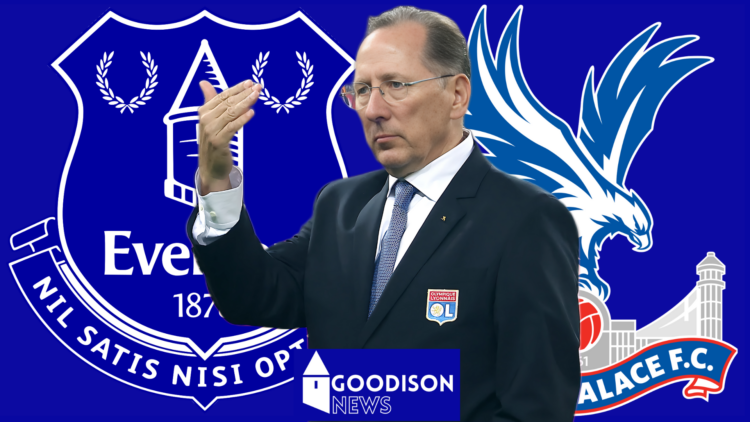In a stunning development in the world of English football, the owner of Crystal Palace has reportedly made bold claims involving Everton, demanding a staggering £220 million as compensation. This demand comes amidst ongoing discussions and negotiations surrounding a potential transfer or player acquisition.
The specifics of the claim have sparked intense speculation and interest among football enthusiasts and analysts alike. It appears that the owner’s stance reflects their firm belief in the value of their assets and the impact of any potential transaction on the club’s future.
Crystal Palace, a club with a rich history in English football, is known for its passionate fanbase and competitive spirit in the Premier League. The demand of £220 million underscores the owner’s determination to secure what they perceive as fair compensation in any dealings with Everton.
The situation is evolving rapidly, with stakeholders closely monitoring developments to understand the implications for both clubs involved. Everton, on the other hand, is navigating these discussions with careful consideration, weighing the financial implications and strategic benefits of any potential agreement.
The demand for £220 million represents a significant figure in modern football economics, reflecting the escalating costs associated with player transfers and club acquisitions. It also highlights the financial stakes involved in Premier League football, where clubs strive to strengthen their squads and compete at the highest levels.
As negotiations continue and details emerge, football fans can expect further insights into how this situation will unfold. The outcome could have far-reaching consequences for both Crystal Palace and Everton, shaping their respective strategies and ambitions in the competitive landscape of English football.
Stay tuned for additional updates and perspectives as this story develops, providing clarity on the owner’s claims and their impact on the broader football community. The dynamics of club ownership and financial negotiations continue to play a pivotal role in shaping the future of football clubs across the globe.
Tags: Crystal Palace, Everton